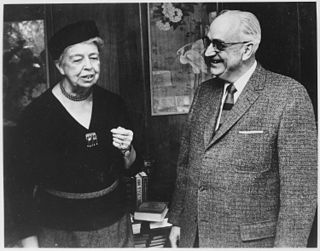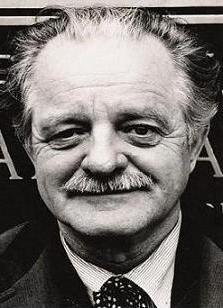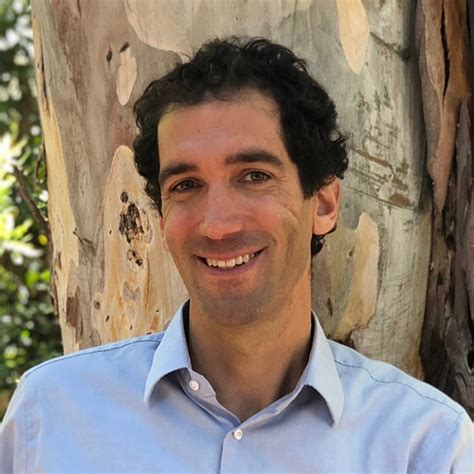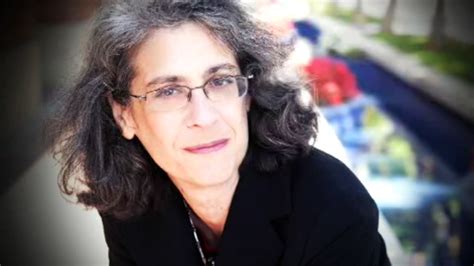A Quote by Karl A. Menninger
Psychoanalysis has changed American psychology from a diagnostic to a therapeutic science, not because so many patients are cured by the psychoanalytic technique, but because of the new understanding of psychiatric patients it has given us, and the new and different concept of illness and health.
Related Quotes
Big Pharma needs sick people to prosper. Patients, not healthy people, are their customers. If everybody was cured of a particular illness or disease, pharmaceutical companies would lose 100% of their profits on the products they sell for that ailment. What all this means is because modern medicine is so heavily intertwined with the financial profits culture, it’s a sickness industry more than it is a health industry.
The dumping of the mentally ill, full of these new psychiatric drugs, into the streets is a scandal. It's been carried furthest in New York, where whole sections of the decayed Upper West Side are being filled with pensioners and psychotic patients on stelazine, lithium carbonate, and everything else under the sun. They can't diagnose the patient, so they give him the whole psychiatric pharmacopoeia at once, and he walks around in a psychotic trance beautifully painted all over with petrochemicals.
But being able to talk to so many patients from so many walks of life gives a tremendous window into people's lives. This is not to say I want to write about individual patients, but I think that after listening to the concerns of people who are so different from me, I can more realistically portray characters who are so different from me.
I am a spiritual person. I'm a Catholic. I treat my patients, the dead patients, as live patients. I believe there is life after death. And I talk to my patients. I talk to them, not loudly but quietly in my heart when I look at them. Before I do an autopsy, I must have a visual contact with the face.
Operating-room errors hold a special terror for patients, if only because they seem like the most avoidable kind of complications. The occasional horror stories of patients who have the wrong leg removed or the wrong knee replaced generate the most headlines, as do tales of patients whose identities are mixed up entirely.





































